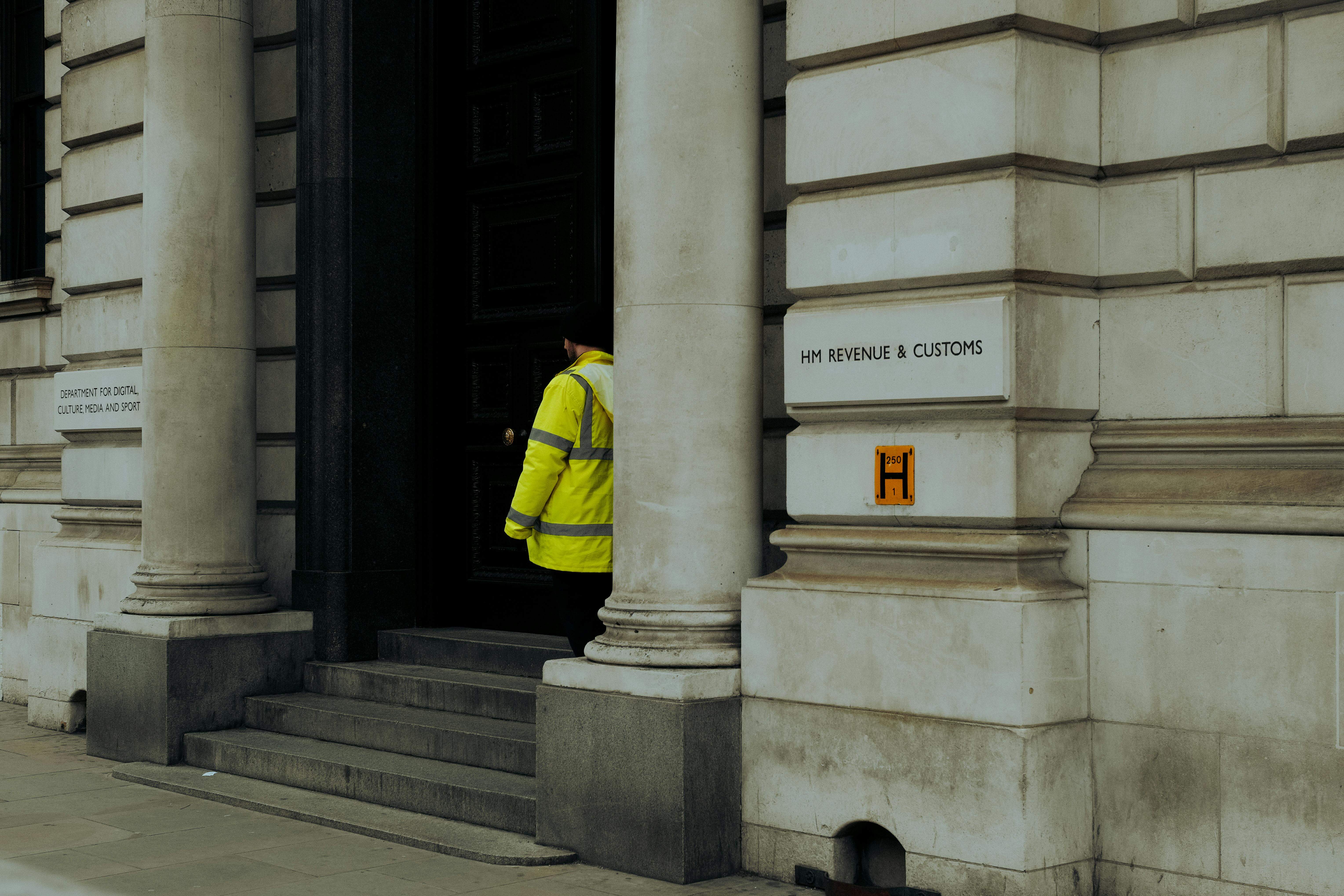When your company’s finances are under pressure and tax bills are mounting, it’s natural to wonder whether HMRC could make you personally responsible for those debts. It’s a worrying thought, especially when you’re doing everything you can to keep things afloat.
Limited liability gives company directors a degree of protection, but that protection isn’t absolute. HMRC has wide-ranging powers and, in some cases, can pursue individuals directly. Whether they choose to do so depends on how the debt arose, how you’ve managed it, and whether your actions as a director stand up to scrutiny.
Where the line is drawn between company and personal debt
A limited company is a separate legal entity. That means the debts of the business, such as VAT, PAYE and Corporation Tax, are not automatically your responsibility as a director. In most cases, if the company can’t pay, the debt stays with the business, not you.
But this protection has limits. There are specific scenarios where directors can become personally liable. Common examples include:
Personal guarantees: If you’ve signed a personal guarantee—perhaps for a loan or equipment lease—you can be pursued if the company defaults.
Overdrawn director’s loan accounts: If your company enters liquidation and your loan account is overdrawn, the liquidator can seek repayment from you.
Wrongful or fraudulent conduct: If HMRC suspects misuse of funds, false declarations, or trading while insolvent, it may pursue you personally.
Even without deliberate wrongdoing, poor judgment can sometimes lead to claims of mismanagement or negligence.
What HMRC can actually do
HMRC is not a passive creditor. Especially in the wake of the pandemic and with growing pressure to recover public funds—including misuse of Bounce Back Loans—it’s using its enforcement powers more freely.
Among those powers are:
Personal Liability Notices (PLNs): These allow HMRC to hold individuals responsible for unpaid tax debts where deliberate behaviour is suspected.
Security deposits: In some cases, HMRC can demand an upfront deposit from a director to cover future liabilities if there’s a pattern of non-payment.
Court action: If HMRC believes a director is obstructing repayment or has acted dishonestly, they can apply for a court order to recover funds or freeze personal assets.
While these steps are typically a last resort, they’re not uncommon, particularly where directors fail to engage or ignore warning signs.
When your personal liability risk increases
There are a number of warning flags that HMRC and liquidators look out for. If you’re facing any of the following, it’s time to seek advice:
Misused Bounce Back Loan funds: For instance, to pay personal expenses or distribute dividends when the business couldn’t afford them.
Misapplying tax funds: Such as using VAT or PAYE money to pay suppliers, rent, or other non-priority expenses.
Serial non-payment of tax: If your company has a history of ignoring its tax obligations, HMRC may hold you accountable.
Serial liquidating: If you’ve shut down one company and starting another with similar operations can draw attention, especially if tax debts remain unpaid.
Continuing to trade while insolvent: Once insolvency is likely, you’re legally obliged to prioritise creditor interests. Ignoring this can lead to personal consequences.
Each of these scenarios signals risk—and waiting too long to take action could leave you personally exposed.
Early warning signs you shouldn’t ignore
Directors are often caught off guard not because the warning signs weren’t there, but because they weren’t recognised or acted upon in time.
Here’s what to look out for:
- Letters from HMRC warning of personal liability
- Statutory demands in your name, not just the company’s
- Winding-up petitions where you’re named as a respondent
- Correspondence from the Insolvency Service about your conduct
If you receive anything like this, it’s not time to panic—but it is time to act. Get advice straight away to protect yourself and assess your next steps.
What you can do right now
The most effective step you can take is to act early. If your company is struggling to meet tax payments or keep up with other financial obligations, don’t wait until enforcement action starts.
Speaking to a licensed insolvency practitioner can help you:
- Review any risks of personal liability
- Assess how Bounce Back Loan or director’s loan funds have been used
- Identify whether HMRC might escalate
- Explore repayment plans like Time to Pay arrangements
- Understand your options for restructuring, rescue or closure
Engaging with HMRC proactively—and showing that you’re cooperating in good faith—can significantly reduce the risk of them taking personal action.
Can HMRC freeze your personal assets?
In extreme cases, yes. But it’s not automatic. HMRC would usually need a court order to freeze your bank account or seize personal property. This typically only happens if there’s suspicion of fraud, evasion or non-cooperation.
If you engage constructively and take steps to resolve the issue, enforcement of this kind can be avoided.
Could you be disqualified as a director?
Yes. If the Insolvency Service believes your conduct has fallen short—through mismanagement, failure to keep proper records, or misuse of company funds—it can apply to disqualify you from acting as a director.
Disqualification orders can last up to 15 years and prevent you from forming, managing or promoting a company. Again, early intervention and good advice can help avoid this outcome.
Are Bounce Back Loans personally guaranteed?
Officially, no. Bounce Back Loans were backed by the government and lenders cannot automatically pursue directors personally. But if you provided false information when applying, used the funds improperly, or never traded through the company, you could be held personally liable. Even without a personal guarantee, the misuse of funds can trigger personal claims from either HMRC or a liquidator.
How to take action now
We understand how isolating and overwhelming it can feel when your company’s finances start to spiral. You don’t need to go through it alone.
Our team has helped hundreds of directors like you deal with tax arrears, negotiate with HMRC, and navigate insolvency in a way that protects their future. Whether you need one-off advice, support with HMRC discussions, or a full review of your situation—we’re here.


